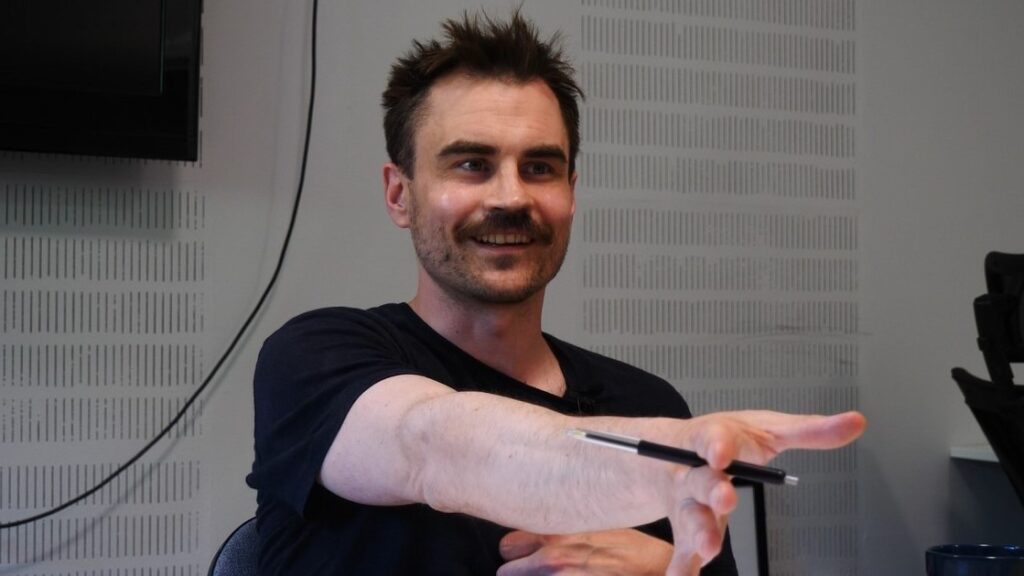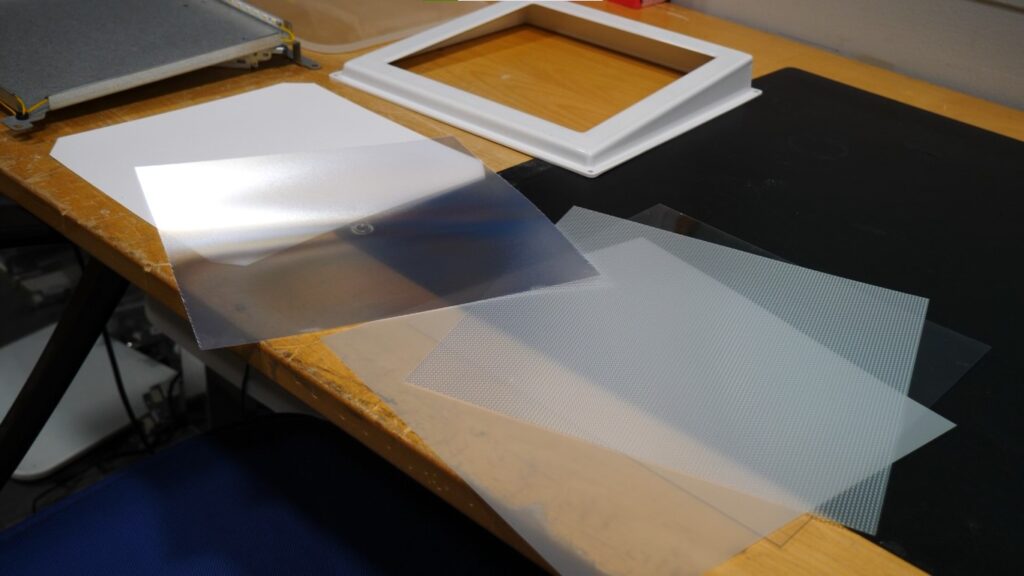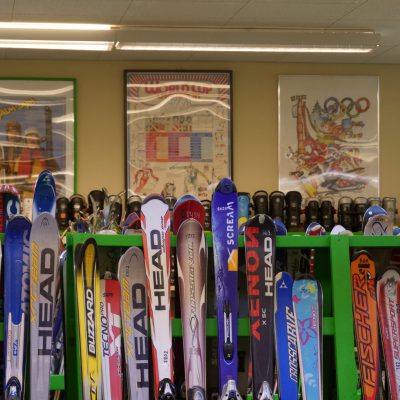Brighteco
Web :
brighteco.se
Contact :
info@brighteco.se
Localisation : Sweden
Date of meeting : 15 june 2023
Maturity of the projet : Intermediate
- EFC
- Recycling


Brighteco is a Swedish start-up founded just over 10 years ago by Joel Smedberg, after he became aware of his material footprint and global impact on the planet. His desire to contribute to the creation of new ways of producing and consuming led him to start his own company, whose purpose is to sell light as a service.
Lighting as a service: from identifying user needs to installing luminaires
The sale of light as a service is very different from the simple sale of a luminaire to a customer.
That’s why the first question we ask our customers is : “Do you really need this ? Are you prepared to take responsibility for these resources ?”. It may seem far removed from a company’s sales objectives, but for Joel, asking these questions builds trust between them and their customers, and also shows that they are honest in their purpose to reduce their material and carbon footprint.
“Basically, selling light as a service means selling the function that you need at any particular time.”

If the answer to these questions is yes, then the next step is to go on site to analyze the space in question, identify the needs of the users of these spaces, what their schedule will be, will they be sitting or standing, etc. They can install the right luminaires more efficiently and more flexibly by asking what light is needed, for what and for whom. In fact, if the Brighteco team knows whether the space in question will change in 5 or 10 years , they will design more flexible luminaires.
Once the luminaires have been installed, Brighteco’s teams provide long-term customer support to ensure that the luminaires continue to meet user expectations.
Source image : brighteco.se
A circular business model
The very design of the luminaires is part of a recycling and eco-design approach. The luminaires are made from old flat screens. These screens contain rare and very precious metals such as indium, for which there are very few mines in the world, so a second life is essential.

However, repurposing old flat screens comes with a cost, and that’s why light as a service is born. Rather than investing heavily in luminaires that are much more expensive yet recycled but equivalent in quality to those on the market, customers pay a small sum each month for luminaires that are perfectly adapted to their needs, modular over time and which will therefore have a longer lifespan. For very good quality light, such as in schools, Joel explains that you should expect to pay between 90 and 95 SEK/m²/year, or between €7 and €8/m²/year, but for industrial buildings with very different needs, the price can come down very quickly.
Brighteco’s luminaires are therefore designed to be as simple as possible, so that they can be easily repaired by local electricians, converted from a decorative luminaire to a wall or ceiling luminaire, the brightness can be adjusted, and so on. What’s more, they are designed to be easy to remove and not to lock customers in, so they are free to change their lighting supplier if they decide to.
Brighteco is backed by a research programme that has calculated a 97% material savings rate in terms of lighting over the lifetime of an office (30-40 years).
Committed local municipalities
The start-up’s main customers are municipalities, which, according to Joel, are driving the ecological transition in Sweden. They often come with very concrete issues relating to the cost of investing in new lighting but also with a desire to address environmental issues and reduce their material footprint. Buying light as a service therefore meets their needs perfectly.
For Joel, what could really change the game and help them to develop would be to introduce an annual resource consumption budget for each municipality : this would encourage everyone to take care of the things around them and make a lot of sense given the depletion of natural resources.




